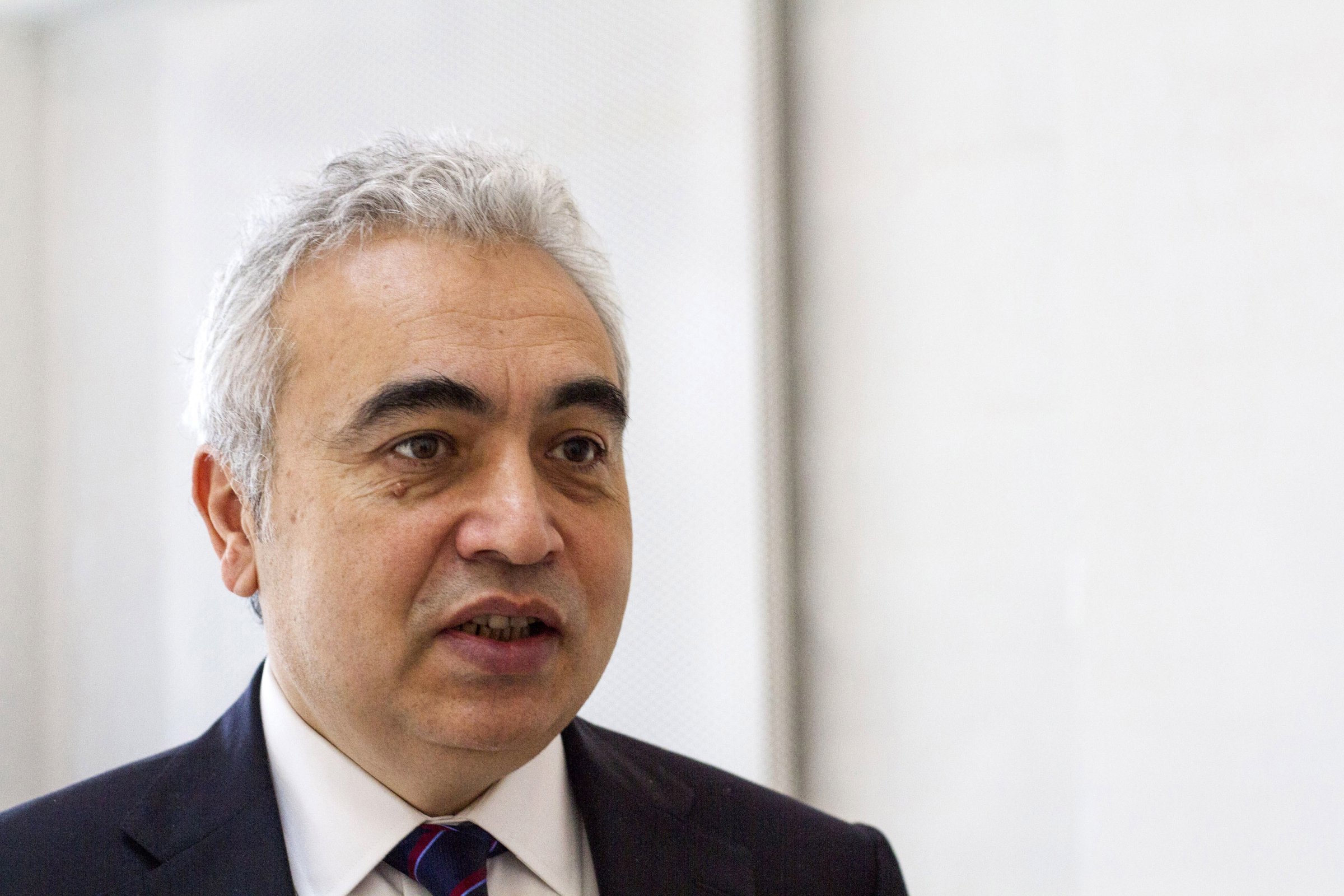
No matter how much oil the United States produces over the next few years, it will never become the next Saudi Arabia in the global oil market, according to Fatih Birol, the new executive director of the International Energy Agency (IEA).
What’s especially interesting about this forecast is that it directly contradicts what Birol said only three months ago, and he gave no explanation for his change of mind.
On Feb. 26, Birol told The Telegraph’s Middle East Congress in London that OPEC, particularly the Persian Gulf members, will prevail over all other producers for the foreseeable future, even though the revolution in extracting shale oil has been “excellent news” for American producers.
“The United States will never be a major oil exporter. Their import needs are getting less but the US is not becoming Saudi Arabia,” Birol told the conference. “Their production growth is good to diversify the market but it will not solve the world’s oil problems.”
Read more: OPEC’s Strategy Is Working Claims Saudi Oil Minister
Certainly, Birol acknowledged, 2014 crude production by countries that are not among OPEC’s 12 members was greater than it had been in three decades, helping create an oversupply of oil that caused prices to erode and robbed OPEC producers of some of their market share.
But at least for the next 10 years, the cartel’s two top producers, Saudi Arabia and Iraq, will be the countries best equipped to meet the world’s demand for energy, especially if non-OPEC producers such as Brazil, Canada and the United States see production falter, Birol said.
Birol’s comments don’t jibe with what he said on Nov. 12, 2014, when he was still the IEA’s chief economist, when introducing the agency’s annual World Energy Outlook. He was appointed to the agency’s top position two weeks ago.
In that report, the IEA said US oil production is likely to exceed Saudi Arabia’s in the next 10 years, making the country nearly self-sufficient in energy and poising it to become a net exporter of oil.
“Around 2017, the U.S. will be the largest oil producer of the world, overtaking Saudi Arabia,” Birol said at a news conference in London the day the report was released. “This is of course a major development and definitely will have significant implications.”
Specifically, the IEA report said, Americans will be pumping 500,000 barrels more than Saudi Arabia in 2020 and 100,000 more than the Saudis in 2025. Riyadh will not reclaim its position as the biggest producer until 2030, when it is expected to extract 1.2 million more barrels per day than US producers.
Read more: The Easy Oil Is Gone So Where Do We Look Now?
Whether Birol’s forecast is correct now or was correct in November, he was not alone among noted economists and institutions in expecting a major surge in US oil production. The American financial services company Citigroup Inc. issued a report on March 20, 2014, predicting that the United States will overcome Saudi Arabia and Russia as the world’s largest oil producer by 2020.
And more recently, on Jan. 3, former U.S. Treasury Secretary Lawrence Summers said the growth of US oil production could perhaps displace Saudi Arabia as the world’s largest net exporter. “The United States has the chance to be to the energy economy of the next decade what Saudi Arabia has been for the last two to three decades,” he told the American Economics Association conference in Boston.
No one but Summers and the people at Citigroup know whether they’ve changed their minds since they spoke so glowingly about US oil production. And as for Birol, only he knows why he’s changed his mind. But for people whose livelihoods depend on understanding the arc of the oil market, such contradictions are confusing at best.
This article originally appeared on Oilprice.com.
More from Oilprice.com:
More Must-Reads from TIME
- Donald Trump Is TIME's 2024 Person of the Year
- Why We Chose Trump as Person of the Year
- Is Intermittent Fasting Good or Bad for You?
- The 100 Must-Read Books of 2024
- The 20 Best Christmas TV Episodes
- Column: If Optimism Feels Ridiculous Now, Try Hope
- The Future of Climate Action Is Trade Policy
- Merle Bombardieri Is Helping People Make the Baby Decision
Contact us at letters@time.com